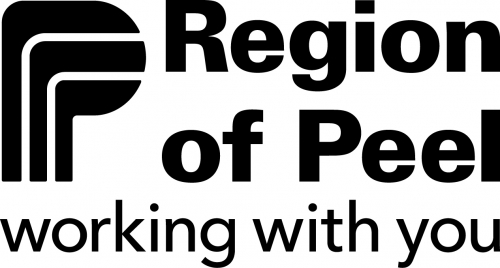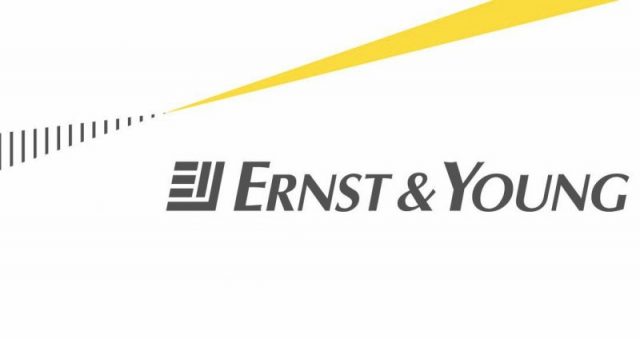
Our Province Wide Landlord Community Believes the Rent Increase is Too Low and We Need A Better Way to Calculate the Rent Increase Guideline To Help Small Landlords Cover Costs
Every year the Ministry of Housing publishes the Rent Increase Guideline.
Ontario has ‘rent control’ and this guideline informs residential landlords how much they can raise the rent in a given year.
The Ministry comes up with this annual guideline by looking at the Consumer Price Index. This index shows the level of inflation based on prices of such things as groceries and the cost of buying clothes.
How Much Can Ontario Landlords Raise the Rent in 2018?
Based on the Consumer Price Index the Ministry of Housing announced Ontario landlords can raise the rent by a maximum of 1.8% in 2018.
This maximum cap applies if you are going to raise the rent from January 1, 2018 to December 31, 2018.
How Does The Compare To Previous Years?
Ontario landlords can raise the rent up to 1.5% in 2017.
What If You Need To Raise The Rent At a Higher Rate To Cover Costs?
To do this you will have to go through the Landlord and Tenant Board process.
Many OLA members in the Ontario Landlords Association forum have shared their experiences regarding this process.
While some have succeeded, the consensus is that it is a complicated process and policies don’t have a true understanding of the real life financial challenges small residential landlords face.
What If You Face Higher Utility Costs?
Furthermore, with new rules for Ontario landlords coming this year you cannot apply to raise rents beyond the guideline for skyrocketing utility costs. This is one of the reasons more and more small landlords are not renting out inclusive of utilities.
Aren’t Newer Properties Exempt from Rent Control?
A lot of recent rental stock in Ontario has been created by small landlords investing in newer property such as condos. A common question these days in the Ontario Landlords Association forums is about rent control for new rental properties.
For example an Ottawa landlord wrote: “My rental property was built after 1991. Does this mean I don’t have to follow the government rent increase guideline or not?”
In years past, you were exempted but not anymore.
Previously rent control only covered rental properties that were built prior to November, 1991. This exemption was a strategic decision made to encourage the creation of new rental buildings in the Ontario.
Things have changed this year with the Rental Fairness Act 2017. These new rules mean rent control has been extended to cover rental properties that were built prior to November, 1991.
The Guideline of 1.8% Is Too Low For Me To Keep Up With My Rising Costs
This is a common statement by OLA members.
The Ontario Landlords Association has lobbied for change in how the annual rent increase guideline is calculated. The guideline needs to put far greater weight on the price increases of good and services that impact small landlords.
After all, it costs money for good landlords to run safe, well-maintained rental properties.
Some OLA members suggest a good solution would be for the Ontario guideline to copy what BC landlords have. In British Columbia the guideline is the rate of inflation based on the consumer price index plus 2% (to account for the extra types of costs landlords have).
Landlords Can Raise The Rent 1.8% in 2018
With the importance of owning safe, well-maintained properties and costs rising it’s important for landlords to raise rents annually. We are faced with a very low cap on how much we can raise rents which creates even greater challenges for landlords.
It’s time for the the rent increase guideline to be changed to meet the real needs of residential landlords and to help us improve the quality of the rental stock in Ontario.
It’s time to stop bashing landlords and start working with us to help improve the entire rental industry. This will benefit both good landlords and good tenants.







